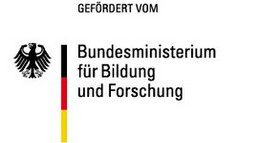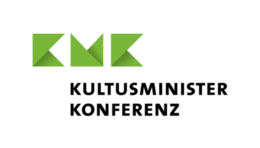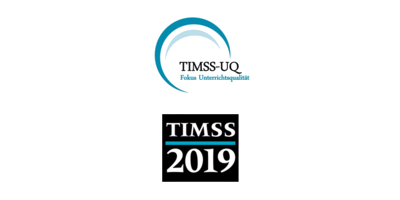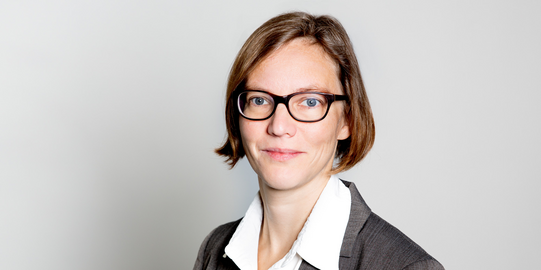Trends in International Mathematics and Science Study 2019 - Teilprojekt "Unterrichtsqualität"
TIMSS is an international comparative school assessment of mathematics and science competencies, comparing elementary school students’ competencies internationally and describing long-term trends in the German and other educational systems. Focus of the joint research project at IFS is the assessment of instructional quality in fourth grade.
Funding


Project description

Since 1995, the International Association for the Evaluation of Educational Achievement (IEA) runs hthe international comparative Trends in International Mathematics and Science Study (TIMSS). As agreed upon by the KMK and BMBF, Germany has been participating in TIMSS since 2007 in fourth grade, with the next assessment in 2019.
Main goal of TIMSS in elementary school is the assessment and international comparison of students’ performance level in mathematics and science and monitoring long-term trends in the German and other educational systems. Additionally, context information assessed from students, parents, teachers and principals allow for international comparative analyses of students’ performance level.
TIMSS 2019 is of special importance since – reacting to changes in teaching and learning processes – data will be assessed electronically (Computer Based Assessment). The shift towards e-media and e-TIMSS allows for administrating innovative and complex item formats, which are authentic and display a high level of interaction. This change makes a highly influential contribution to planning and assessing high quality teaching.
A main goal of the joint research project at IFS is the assessment of instructional quality in mathematics and science and the description of trends in Germany. Furthermore, relations between instructional quality and students’ competence in mathematics and science are investigated as well as differential effects of instructional quality criteria for sub-groups of students.
Lead researcher at IFS
Project management
- Justine Stang
Project team
- Chantal Lepper
- Annika Ohle-Peters
External project partners
The national director of the study in Germany is Prof. Dr. Knut Schwippert (Arbeitsbereich Evaluation von Bildungssystemen, Universität Hamburg).
Network partners
Leibniz-Institut für die Pädagogik der Naturwissenschaften und Mathematik, IPN Kiel
- Prof. Dr. Olaf Köller
- Prof. Dr. Mirjam Steffensky
- Prof. Dr. Aiso Heinze (Mitantragsteller)
Institut für Entwicklung und Erforschung des Mathematikunterrichts, TU Dortmund
- Prof. Dr. Christoph Selter
Abteilung Bildungsqualität und Evaluation, DIPF Frankfurt am Main
- Prof. Dr. Frank Goldhammer (Mitantragsteller)
- Dr. Ulf Kröhne (Mitantragsteller)
Arbeitsbereich Schulpädagogik/Empirische Schulforschung, Georg-August-Universität Göttingen
- Prof. Dr. Tobias C. Stubbe (Mitantragsteller)
Center for Research on Education and School Development, TU Dortmund
- Dr. Heike Wendt (Mitantragsteller)






![[Translate to English:] [Translate to English:]](/storages/ifs-ep/_processed_/8/5/csm_AdobeStock_412860748_9a2dbb816c.jpeg)
